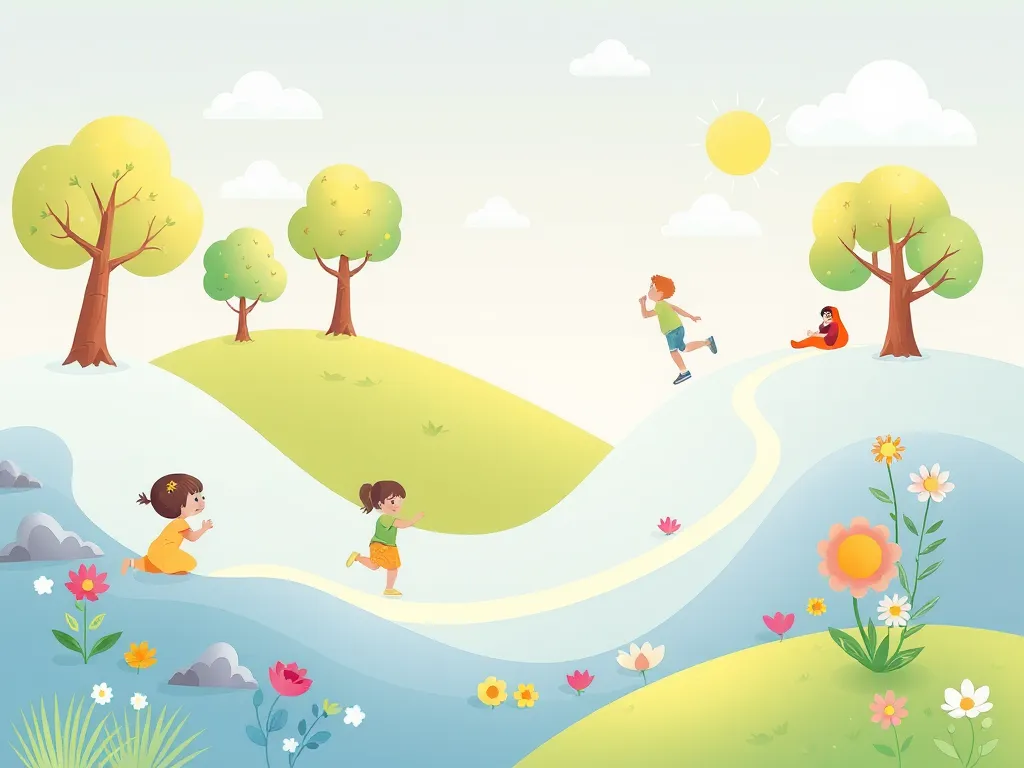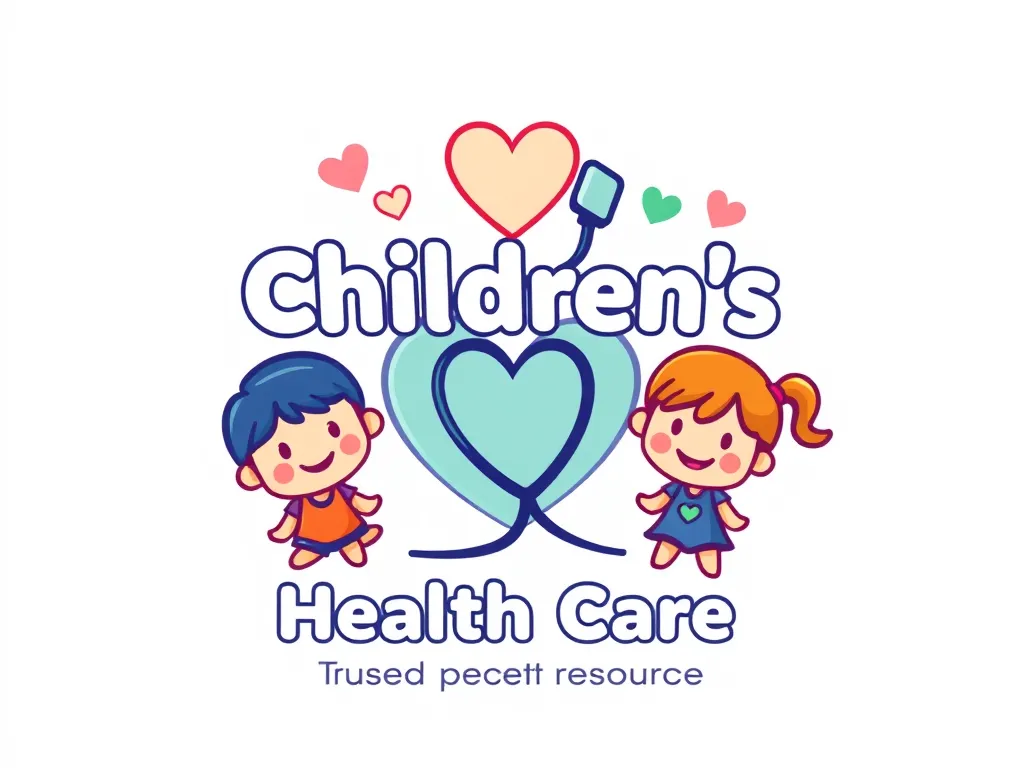Essential Guide to Understanding Child Development Milestones

Understanding Child Development Milestones
Understanding Child Development Milestones is crucial for parents, caregivers, and educators as these milestones serve as indicators of a child’s growth and development across various domains. Child development milestones are behaviors or physical skills seen in infants and children as they grow and develop. Each child is unique; milestones provide a general guideline of what to expect as children age and how to support their development effectively.
Early identification of developmental milestones allows for the detection of potential delays or disabilities. Understanding Child Development Milestones helps caregivers to provide the appropriate nurturing and stimulation that children need during the different stages of their growth. By recognizing these milestones, adults can facilitate better learning experiences, enhance communication skills, and improve social interactions.
Milestones span several domains of development, including physical, cognitive, social, emotional, and language development. Each domain is interconnected, meaning progression in one area may influence skills in another. Understanding Child Development Milestones enables adults to create environments that support children’s holistic development and well-being, fostering healthy individuals.
Understanding the stages of Child Development is crucial for fostering emotional and intellectual growth in young ones.
Each developmental milestone corresponds to a specific age range, where different skills emerge in a predictable sequence. This reinforces the importance of looking out for signs of development and seeking professional guidance if concerns arise. Ultimately, recognizing and understanding Child Development Milestones better empowers families and communities to nurture children's growth during these formative years.
Through continuous observation and assessment, caregivers can ensure that children are meeting their milestones while being equipped with the knowledge to seek assistance when necessary. Establishing a basis of understanding Child Development Milestones encourages proactive parenting and supportive educational practices.
Physical Development Milestones
Gross motor skills development is crucial during the early years, as it encompasses large body movements such as crawling, walking, running, and jumping. Infants typically begin to roll over and sit up by around six months, with most children walking independently by their first birthday. Monitoring these milestones helps ensure that a child's physical health is on track.
Fine motor skills development involves smaller movements using the hands and fingers, including grasping, holding, and manipulating objects. Children begin to develop fine motor skills by picking up small items and eventually progress to tasks like using utensils, drawing, and writing. Tracking fine motor milestones allows caregivers to provide activities that support finger dexterity and hand-eye coordination.
Coordination and balance are essential as children grow, influencing their ability to engage in activities like climbing, riding a bike, or participating in sports. These skills develop progressively, with children typically improving balance and coordination through play and physical activities. Encouraging safe physical play can enhance these abilities and foster confidence.
Physical play is vital in early years, as it promotes not only physical health but also cognitive and social skills. Scrapes and falls are part of the learning process, encouraging risk-taking in a controlled environment. Engaging in various physical play activities fosters creativity, teamwork, and a sense of accomplishment among children.
Cognitive Development Milestones
Stages of cognitive development in early childhood include the development of memory, problem-solving skills, and understanding cause and effect. According to Piaget, children go through different stages: sensorimotor (birth to about 2 years), preoperational (2-7 years), concrete operational (7-11 years), and formal operational (12 years and up). Understanding these stages enables parents to adapt their teaching approaches accordingly.
The influence of environment on cognitive growth is significant; children thrive in stimulating environments with diverse experiences. Factors like educational materials, social interactions, and play opportunities impact cognitive development. Parents and educators can create rich learning environments that inspire curiosity and exploration.
Playing is fundamental to cognitive development as it allows children to learn through interactions with their environment. Pretend play, puzzles, and games encourage critical thinking, imagination, and problem-solving. Understanding the connection between play and cognitive skills can help caregivers choose age-appropriate toys and activities that enhance learning.
Recognizing learning disabilities early in a child's life is critical to providing necessary support and intervention. Early detection can lead to timely resource access, enabling children to thrive academically and socially. Awareness of developmental milestones can assist parents in identifying when specialized assessments may be beneficial.
Social and Emotional Development Milestones
Understanding social skills in early development is vital. Children learn to interact with others through play and communication. They begin to develop empathy, cooperation, and negotiation skills during preschool years. Caregivers play a crucial role in modeling positive interactions and fostering social relationships.
Emotional regulation and expression are key components of social-emotional development. Children learn to identify their emotions and express them in appropriate ways. Through guidance, children can develop coping mechanisms and strategies to manage frustration, sadness, or excitement, supporting their emotional health.
The importance of peer interactions cannot be overstated. Playing with peers fosters social skills, such as sharing, turn-taking, and conflict resolution. Adults can encourage children to engage in group activities, promoting cooperation and friendship, which are vital for social competence.
The role of family in emotional development is foundational. Secure attachments formed with caregivers help children learn to trust and communicate their needs. Families provide the first experiences of social interactions, crucial for emotional growth. Positive family dynamics encourage kids to develop confidence and resilience.
Language Development Milestones
Stages of language acquisition typically begin with cooing and babbling in infancy, progressing to single words by around twelve months, then to short phrases and sentences by age two to three. Understanding these stages assists adults in promoting language skills through conversation, reading, and singing to children.
The importance of reading for language skills is paramount; names, objects, and simple stories enhance vocabulary and comprehension. Reading aloud stimulates a child’s language development and reinforces their interest in books. Establishing a routine of shared reading can cultivate a lifelong love of literature.
Identifying speech delays and disorders early is crucial for effective intervention. Parents and caregivers should monitor speech milestones and seek professional assistance if children exhibit delays, ensuring they receive timely support to aid their communicative growth.
Communication methods extend beyond words; nonverbal cues such as gestures, facial expressions, and body language also play significant roles. Teaching children to interpret and use these nonverbal signals further enhances their communication skills, promoting effective interactions.
Cultural Influences on Development Milestones
Cultural practices can significantly impact child growth, influencing parenting methods, educational values, and social expectations. Different cultures may prioritize various developmental milestones, thereby shaping the learning and development experiences of children in unique ways.
Differences in milestones across cultures reflect the values and beliefs of a society. For example, some cultures may emphasize communal play, while others focus on individual achievements. Acknowledging these differences allows for a broader understanding of what constitutes developmental success in various contexts.
Parenting styles and their effects on child development can vary across cultures. Authoritative vs. authoritarian styles, for instance, can lead to differing impacts on children's social and emotional growth. Understanding these dynamics helps caregivers adopt approaches that align with their cultural values while promoting healthy development.
Cultural expectations and developmental outcomes also play a significant role in shaping children’s experiences. By being aware of cultural influences, caregivers can create supportive environments that respect art and cultivate a child's unique identity, well-being, and growth.
